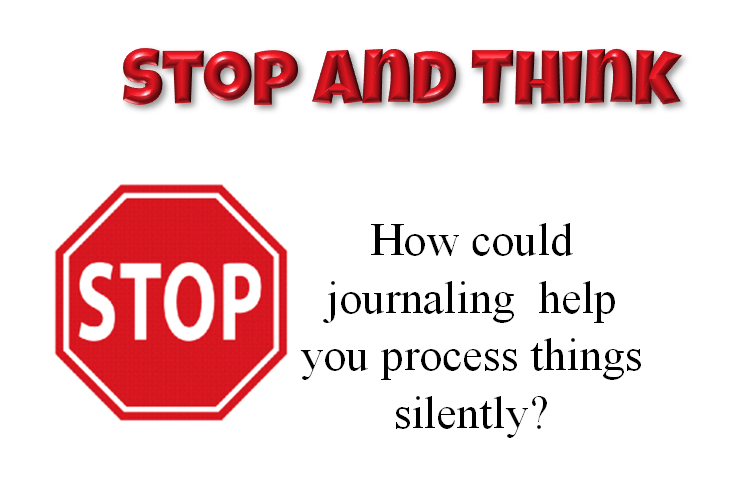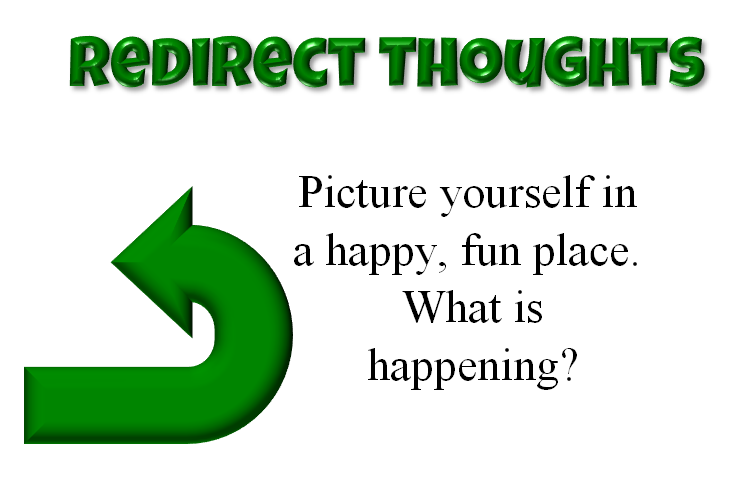Nosey Rosie: A Social Skills Book and Game
- Tasha Milligan
- Mar 18, 2024
- 4 min read

Nosie Rosie is a book and game to help children identify and understand appropriate social boundaries. Kids go through different developmental stages where they are compelled to ask many questions to understand the world around them. As they get a little older, they are focused on developing social skills and learning appropriate boundaries. Some children, however, can become intrusive without realizing it. They may come across as nosey, bossy, or controlling. While many genuinely want to help they may be alienated and rejected by peers for not respecting boundaries.

The story is about a little girl who has questions about everything! She wants to know why her classmate got in trouble and what the consequences will be, why her friends are arguing and wants to be the person to fix the problems of others. Her classmates became tired of her intrusive behavior, leading to one girl snapping at Rosie about being too nosey. In the end, Rosie becomes aware of how her questions and intrusive behavior are making others feel and she learns to be more respectful of the privacy of others.

The game prompts children to consider many aspects of social interactions to learn when to press in and when to hold back. They will be challenged to look for social cues, body language, voice tones, and to listen to others to hear what they need and desire in the relationship. They will also be challenged to consider that it is healthy for other kids to learn how to solve their own problems instead of being rescued.
Game Topics:
Questions – Children will be prompted to consider if their questions are appropriate, overwhelming, or if they are simply none of the child’s business to be asking.
Stop and Think – Kids will be challenged to stop and think before intervening or questioning others. Children will often cross boundary lines because of impulsivity.
Wait and See – Many questions are answered if we allow a little time to pass. Children may also need to understand the concept of delayed gratification or learn to be okay with not knowing things.
Redirect Thoughts – Cognitive Behavioral Therapy skills are introduced to help children rescript thoughts and beliefs to gain control over their thoughts, feelings, and behaviors.
Zip It – Blurting out thoughts comes naturally for many children (and adults)! Learning to control their mouths is a powerful life skill that can help in many aspects of relationships. These cards help kids consider when it is best to zip their lips and refrain from giving their opinion on a matter.
Ways to Learn – Children are inquisitive and curious, which helps them to learn. The desire to ask questions can stem from a desire to learn from other people’s mistakes. Redirecting children to other ways to learn may help reduce the urge to quiz other kids.
Ask First – Rather than assuming other people want to know your opinions and strategies to solve their problems, it can be helpful to ask if they want your help. These cards help children consider manners and show respect to others instead of assuming it is okay to insert themselves into the situation.
Empathy – We often judge others by what they do and ourselves by our intentions. Kids may have good intentions of intervening, but they may be offended if someone does it to them. These cards will challenge kids to consider what it feels like to feel embarrassed about something and then have someone question them about what happened. Simply considering a different point of view can help children make more appropriate social decisions.
Personality Considerations
Personality can play a role in what people would consider nosey behavior. Extraverts tend to process information verbally while introverts prefer to process internally. Children will often assume others have similar needs, resulting in trying to get people to process things verbally while not everyone may desire to do so. In addition, the choleric personality often presents strongly. They are great leaders and tend to strive to take control of situations. As children learn about their personality types and the needs of others, they are better able to find balance and show empathy. For more on understanding personality types check out my book and game called Personality Zoo.
Related Post: School Zone: A Counseling Game for School Stressors
Awareness is Key
If you are unaware of a problem you will be unable to fix it. The purpose of these books and games is to help children become more aware of their behavior, emotions, and thoughts and how they impact one another. They will also become more aware of different points of view and the needs of others. The goal is not to shame or belittle anyone but to give them a different perspective on how they impact others. The books are designed to be a reflection of common issues with children so they can see things from the outside looking in. Children who struggle with nosey behavior may identify with certain aspects of Rosie’s story but may not identify with other parts. This provides the ability for children to compare and contrast their own stories and experiences with the book. They may be able to learn from Rosie’s mistakes to avoid the same pitfalls.
Why CBT?
Cognitive Behavioral Therapy has over 2,000 studies to support its efficacy. It is helpful for a myriad of presenting problems and can bring quick relief to people who struggle. I strive to incorporate CBT skills into my books and games to help children become more aware of their self-talk, beliefs, and motivations for behavior. Thoughts will lead to emotions, which will lead to behaviors. If we can help children rescript their thoughts and focus on good things they will feel better, which will help them to behave better. For more on CBT and how to use it with children, click here.
Helpful Resources:























Comments